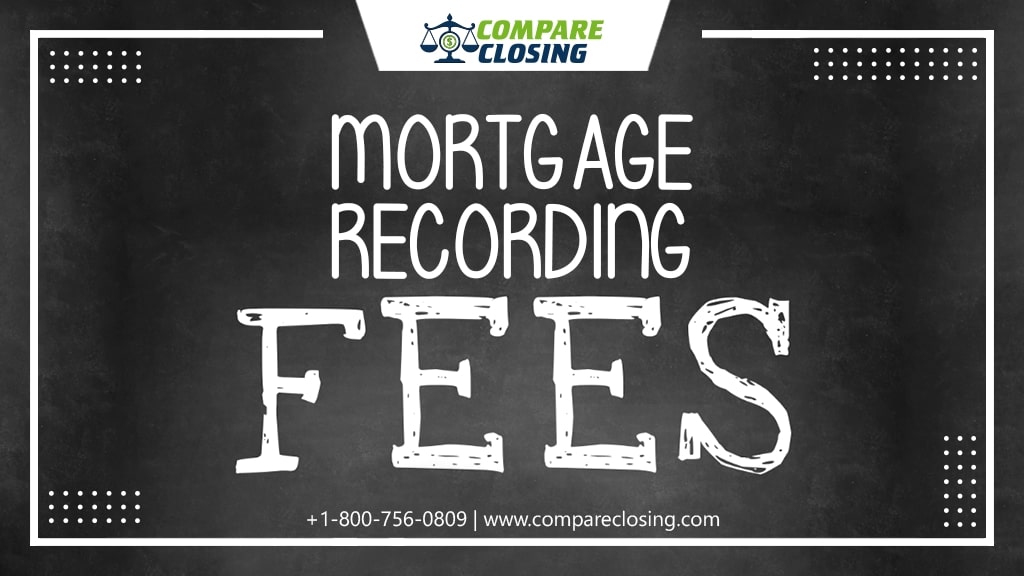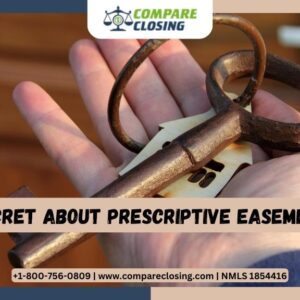No, not unless the fees are being paid by the buyer the borrower cannot avoid the fees. While taking out a mortgage to facilitate a homeownership transaction, a borrower is required to pay for the recording fees.
A mortgage loan will not get finalized by most banks until the county has recorded the purchase.
And without a record of the real estate transaction, the borrower may run into an ownership dispute in the long run.
There is a possibility that on records the previous owner may still be the owner at the county offices.
This could lead to a legal battle to prove who is the actual owner of the home.
It is suggested that this step should not be skipped after spending so much time and effort on the closing process otherwise it would lead to a lot of complications in homeownership.
A borrower can also pay their recording fees online, but this functionality will depend on the county they live in.
Some counties may not behave the facility of paying the recording fees online.
The borrower can call the county records office to learn more about the options available.





